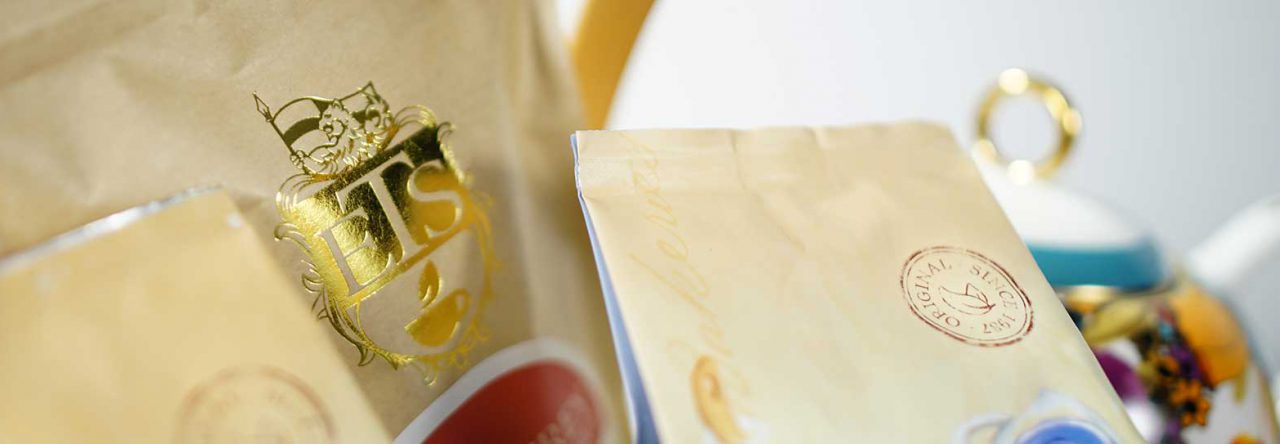
The next time you reach for that bottle of mouthwash maybe you should reach for a cup of tea instead. Or should you?
I’ve written about tea and oral health a few times in the pages so far. Here’s a more recent article on the topic and here’s one from several years back that looks at the benefits tea might have for your teeth. Several of the studies in those articles referred to the ability of tea to reduce the bacteria in the mouth that can contribute to bad breath.
One of the facts that I skimmed over when discussing one of those studies is the fact that researchers had their subjects rinse their mouths with black tea. The results, “In one trial, those who rinsed with black tea for one minute 10 times a day had less plaque accumulation. In another, a single 30-second rinse had no effect, but multiple rinsings prevented bacteria from growing further, as well as lowered acid production.”
An article from Best Health looks at green tea and is titled 5 Ways Green Tea is Good for Your Oral Health. The five benefits they list are cavity prevention, gum health, reduced tooth loss, cancer control and better breath. The article cites a study by the University of British Columbia’s Faculty of Dentistry that found that the green tea powder given to research subjects “outperformed mints, chewing gum and even parsley-seed oil in this study.” A study by researchers in Thailand, titled Effect of Green Tea Mouthwash on Oral Malodor, found that “green tea mouthwash could significantly reduce VSC [volatile sulfur compounds] level in gingivitis subjects after rinsing for 4 weeks.”
So it’s settled, then. Or is it? There is that issue of black tea staining teeth, after all. Web MD places tea second on its list of top staining foods and beverages, after wine. But the good news is that it notes that teas with fewer tannins, such as green and white are less likely to stain. So it is settled now. If you use tea as a mouthwash, it’s probably wise to use black tea sparingly.
See more of William I. Lengeman’s articles here.
© Online Stores, Inc., and The English Tea Store Blog, 2009-2014. Unauthorized use and/or duplication of this material without express and written permission from this article’s author and/or the blog’s owner is strictly prohibited. Excerpts and links may be used, provided that full and clear credit is given to Online Stores, Inc., and The English Tea Store Blog with appropriate and specific direction to the original content.



Leave a comment